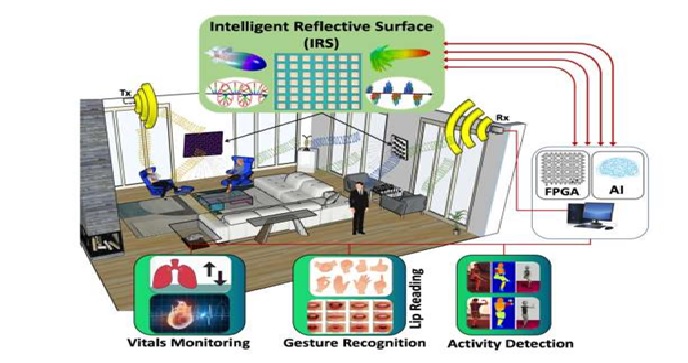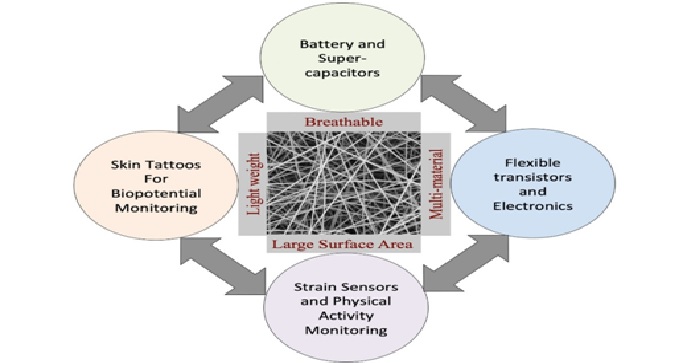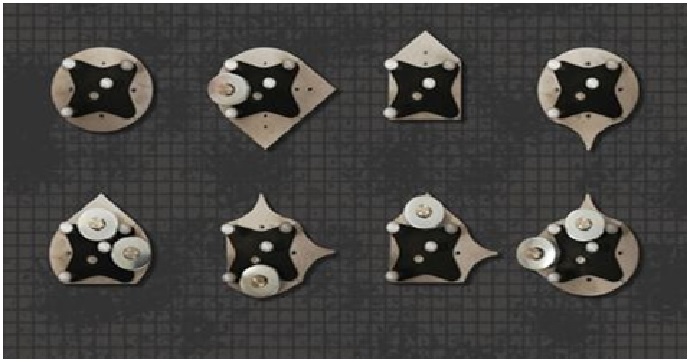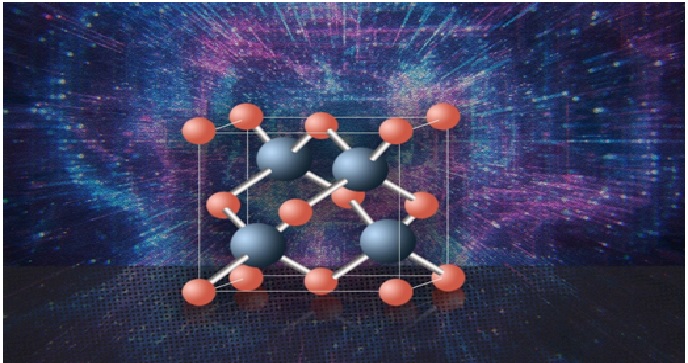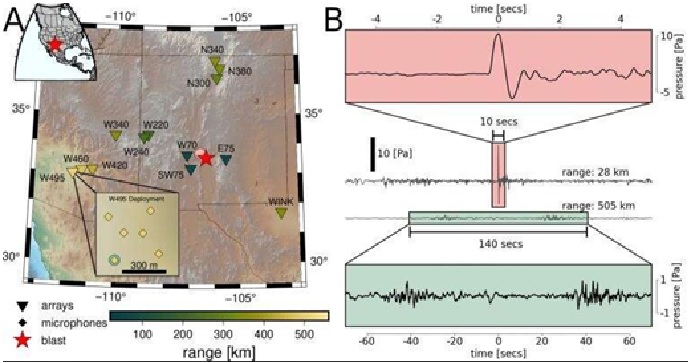New Technique Could Lead to Improved Cancer and Lung Disease Drugs
The researchers’ ground-breaking technique may result in better treatments for oxidative stress-related illnesses such as cancer, Alzheimer’s, and lung diseases, but they think it has even more potential.
Finding certain pathogenic proteins and developing medicines that inhibiting these proteins has long been the foundation of the drug development process. However, many illnesses are caused by a reduction or loss of protein function, which cannot be specifically targeted by inhibitors. [1]

Figure 1. New Technique Could Lead to Improved Cancer and Lung Disease Drugs
Figure 1 shows in the current study, scientists from the Karolinska Institutet enhanced the function of the protein OGG1, an enzyme that fixes oxidative DNA damage and is linked to aging and disorders including Alzheimer’s disease, cancer, obesity, cardiovascular diseases, autoimmune disorders, and lung diseases.
The team used a technique called organocatalysis, which was created by Benjamin List and David W.C. MacMillan, who were awarded the 2021 Nobel Prize in Chemistry. The process is based on the finding that tiny organic molecules have the ability to function as catalysts and start chemical processes without becoming a component of the end result. [2]
Study limitations and areas for further research
While demonstrating a potentially effective cancer detection method, researchers noted their study has several limitations.
First of all, further testing should be done during typical patient biopsies because it is unclear how aspects of the human body would impact the method’s effectiveness. The method is limited due to components of its nature, and the analysis did include some false positives. [3]
Ten times more effective
“When we introduce the catalyst into the enzyme, the enzyme becomes ten times more effective at repairing oxidative DNA damage and can perform a new repair function,” says the study’s first author Maurice Michel, assistant professor at the Department of Oncology-Pathology, Karolinska Institutet.
The catalyst made it possible for the enzyme to cut the DNA in an unusual way so that it no longer requires its regular protein APE1 to work but another protein called PNKP1.
The researchers believe that OGG1 proteins improved in this way can form new drugs for diseases in which oxidative damage is implicated. However, Professor Thomas Helleday at the Department of Oncology-Pathology, Karolinska Institutet and the study’s last author also sees broader applications, where the concept of adding a small catalyst molecule to a protein is used to improve and change other proteins as well. [4]
References:
- https://technoblender.com/new-technique-could-lead-to-improved-cancer-alzheimers-and-lung-disease-drugs/
- https://quicktelecast.com/new-technique-could-lead-to-improved-cancer-alzheimers-and-lung-disease-drugs/
- https://www.medicalnewstoday.com/articles/condition-alert-penn-medicine-study-reveals-imaging-approach-with-potential-to-detect-lung-cancer-earlier-at-the-cellular-level#Study-limitations-and-areas-for-further-research
- https://scitechdaily.com/new-technique-could-lead-to-improved-cancer-alzheimers-and-lung-disease-drugs/
Cite this article:
Thanusri swetha J (2022), New Technique Could Lead to Improved Cancer and Lung Disease Drugs, AnaTechMaz, pp.264



